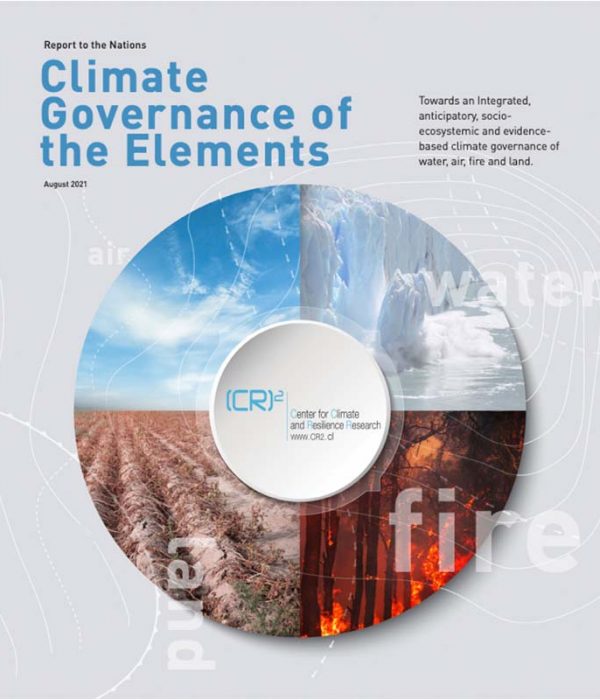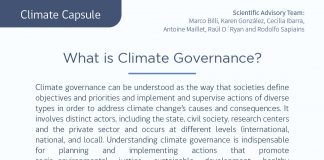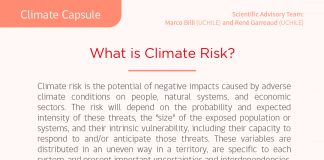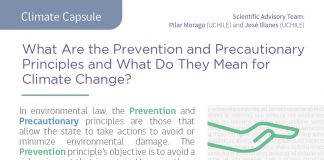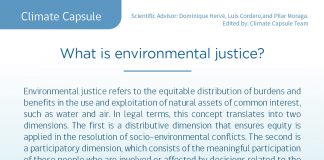Climate Governance of the Elements
Governance (the manner in which societies define objectives and priorities, make decisions, and implement and supervise actions of various nature to achieve these objectives and priorities) is a central dimension of the efforts aimed at mitigating and adapting to climate change (IPCC, 2018), and it is key for advancing towards more sustainable development pathways (United Nations, 2015). Particularly since the 1990s, a heterogenous variety of approaches to environmental and climate governance has been proposed (Billi, Mascareño, et al., 2020). Although several of these proposals promote horizontal, participatory and decentralized forms of governance, they tend to come from developed countries. Very few approaches explicitly address the specific conditions and challenges of the Global South. Additionally, most of these proposals remain anchored to a multilateral logic that places solutions solely in the State and in the relationship among States. At the same time, they emphasize an anthropocentric logic that sees climate change and governance only from a human (and western) perspective, casting aside the impacts and role of ecosystems and other forms of non- human life, as well as the multiple alternative ways of understanding the relationship between humankind and nature (Sapiains et al., 2020).
When we speak of Climate Governance of the Elements (CGE) in this report, we seek to promote an innovative and genuinely interdisciplinary approach to the problem, focusing on the territory and its socio-ecosystems as a central management axis. On one hand, CGE aims to accommodate the multiple forms and manifestations that governance may adopt in different sectorial and territorial areas (different problems, decisional and organizational structures, relationships among actors, etc.), as well as the variety of perspectives and proposals that exist in this regard, including those from traditionally marginalized groups. On the other hand, it stresses the need for a greater coordination and integration of efforts surrounding climate challenges, fully recognizing the need to move towards a greater balance between human wellbeing and the conservation of nature.
The purpose of this report is to advance in the conceptualization, diagnosis and public policy guidelines for an integrated and transformative climate governance of water, air, fire and land in Chile. The aim is to present a state of the art of the existing evidence regarding the challenges posed by climate change for the governance of the elements, attempting to overcome the disciplinary fragmentation that has characterized scientific representations about the sociopolitical dimensions of the phenomenon until now (Billi, Blanco y Urquiza, 2019). Based on this, we propose potential strategies in order to move towards development pathways that are sustainable and resilient to climate.


